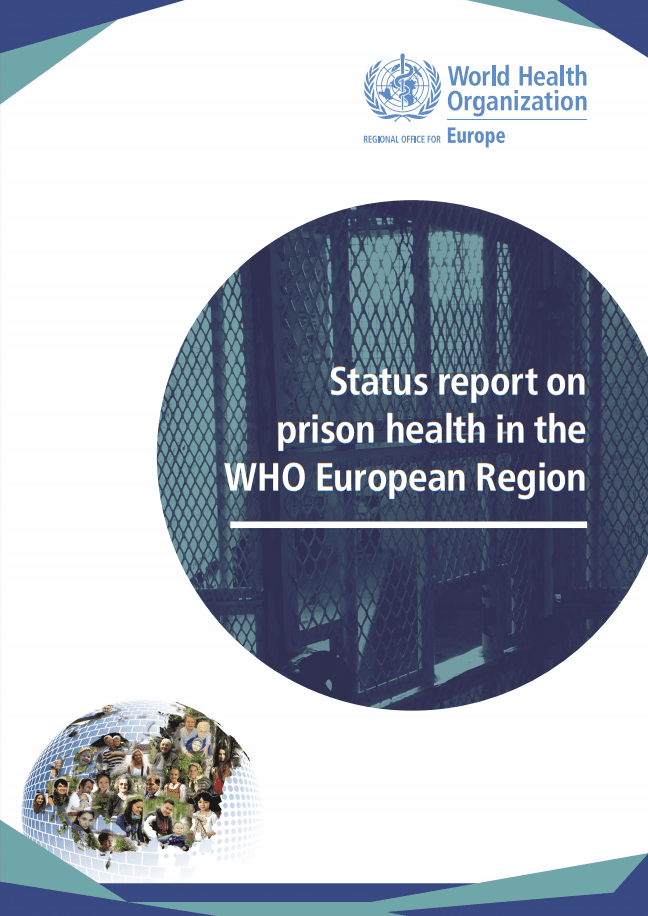WHO Europe: New Status Report on Prison Health
The WHO regional office for Europe has published a new status report on prison health.
The report is entitled “WHO status report on prison health in the WHO European Region”. It presents an analysis of the health status of people in prison and prison health systems for 39 European countries. The survey collected data from Member States between 2016 and 2017 to enable monitoring and surveillance of health in prisons.
The report finds that the general state of monitoring and surveillance systems for health in prisons is poor. Several key statistics are as follows:
- 13.5% of deaths in prison are from suicide.
- 14% of Member States report that they do not screen for severe mental health disorders on or close to arrival in prison.
- Only 51% of countries have national guidelines on prevention of post-release drug-related deaths.
- HIV prevalence varies from country to country, the highest reported rate is 5.4% in the male prison population and 4.7% in the female prison population.
- TB prevalence varies from country to country, the highest reported rate is 25% of the prison population.
A tool to improve prison health
This report aims to indicate the current status of prison health in the European Region and highlight areas of prison health policy that should better be aligned to WHO guidance.
The report presents data and recommendations under the following headings: prison population statistics, prison health-care systems, prison environment, risk factors for ill health, disease screening on admission, prevention of infection, treatment and mortality. These data, with the WHO guidance on health in prison, is a tool to help inform and influence policy-makers to improve the health outcomes of people in prison.
The prison population, with its disproportionate disease burden, is one that cannot be forgotten in WHO’s pursuit of the United Nations Sustainable Development Goals.
To achieve universal health coverage and better health and well-being for all, as in WHO’s vision, it is vital that prisons are seen as a window of opportunity to change lifestyles and ensure that no one is left behind,” said Dr Bente Mikkelsen, Director of the Division of NCDs and Promoting Health through the Life-course at the WHO Regional Office for Europe.

